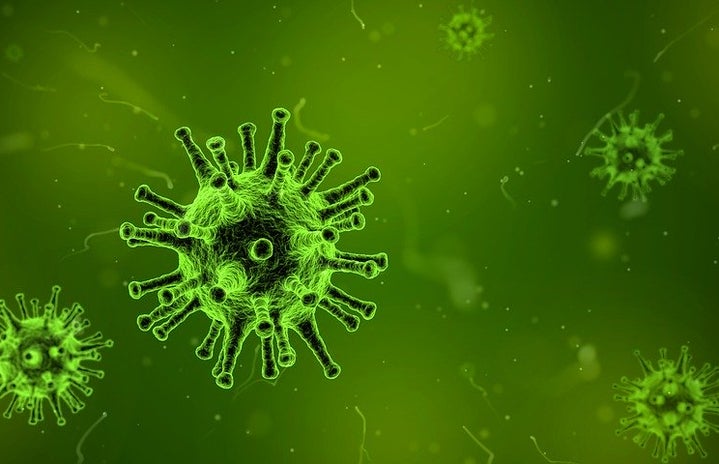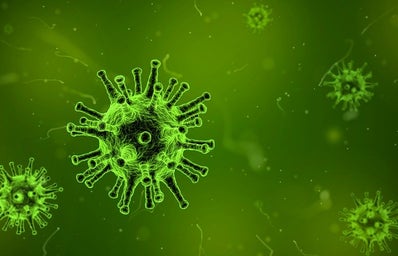With the marked rise in Coronavirus cases and spring break travel coming up, the Center for Disease Control has been releasing statements to spread facts about the virus in an effort to calm the hysteria and debunk the myths. Medical professionals are reporting on how best to stay safe and healthy during this time.
Myth 1: The Coronavirus can be transmitted via surfaces and goods manufactured in China or any other infected country.
Fact 1: While COVID-19 can stay on surfaces up to a couple of days, it’s very unlikely that the virus will be contagious or persist on a surface after being transported and put through different temperatures and environments. However, to ensure a surface doesn’t have the virus lingering on it, wipe it down with a disinfectant and use an alcohol-based soap to wash your hands.
Myth 2: The Coronavirus can be transmitted via mosquitos.
Fact 2: COVID-19 is a respiratory illness, meaning it’s transmitted through saliva or discharge from the nose when a person coughs, sneezes, or has any other interactions with saliva/mucus. To ensure yours and others’ safety, wash your hands thoroughly with an alcohol-based soap for over 20 seconds and stay away from anyone who is coughing and/or sneezing.
Myth 3: Vaccines against pneumonia can help prevent Coronavirus.
Fact 3: Vaccines for pneumonia or influenza type B cannot help prevent COVID-19 and should not be used as a treatment. However, vaccines against respiratory illness are recommended by doctors and the WHO to improve general health.
Myth 4: Being Asian increases your risk of getting Coronavirus/All Asians have Coronavirus.
Fact 4: COVID-19 is not based on race or ethnicity. Despite the illness originating in China, being Asian doesn’t increase your likelihood of catching Coronavirus. The illness crosses racial and ethnic boundaries. Not all Asian people carry the virus either. Every race/ethnicity has an equal chance of catching the virus, so wash your hands with an alcohol-based soap thoroughly and frequently no matter who you’ve interacted with.
Myth 5: Hand sanitizer works just as well as soap.
Fact 5: The Coronavirus is exactly that: a virus. Most hand sanitizers work on eliminating bacteria (temporarily), which is not what the Coronavirus is. Not to mention, washing your hands for 30+ seconds with an alcohol-based soap several times a day has a much larger and longer-lasting effect on your health than just using hand sanitizer. Kristen Bell showed photos on her Instagram of the difference in using hand sanitizer, washing your hands for various amounts of time, and not washing your hands at all under a UV light that have been backed by health professionals.
Myth 6: Wearing a medical mask is a sure way to avoid catching Coronavirus.
Fact 6: It is not 100 percent effective to wear a medical mask. Firstly, a simple mask that your general doctor would wear is not highly effective because most non-medical professionals don’t know how to wear or dispose of them properly. There are tutorials online on how to properly wear a medical mask. Secondly, wearing a medical mask out and about won’t do much as they’re mostly to be used by people who are going to be in close contact with sick people (ie: if a member of your family/friend is sick, you’re a medical professional, or you live in a highly infected area). Lastly, just wearing the mask isn’t enough, you also need to pair the mask with frequent hand-washing with alcohol-based soap, self-quarantining if you have come in contact with a COVID-19 patient, and disinfecting surfaces.
According to the CDC and WHO, restricting travel and increasing sanitary procedures is highly recommended to stop or slow down the spread of COVID-19.
Want to see more HCFSU? Be sure to like us on Facebook and follow us on Instagram, Twitter and Pinterest!



